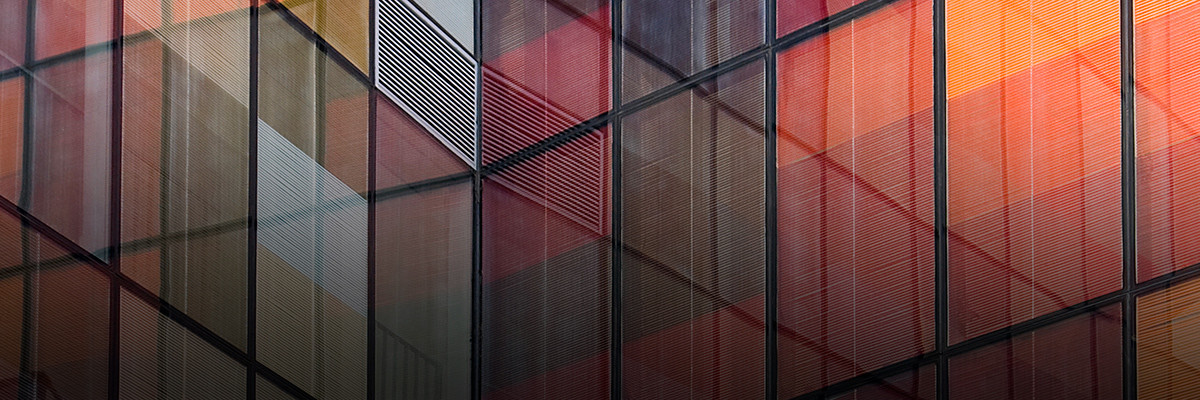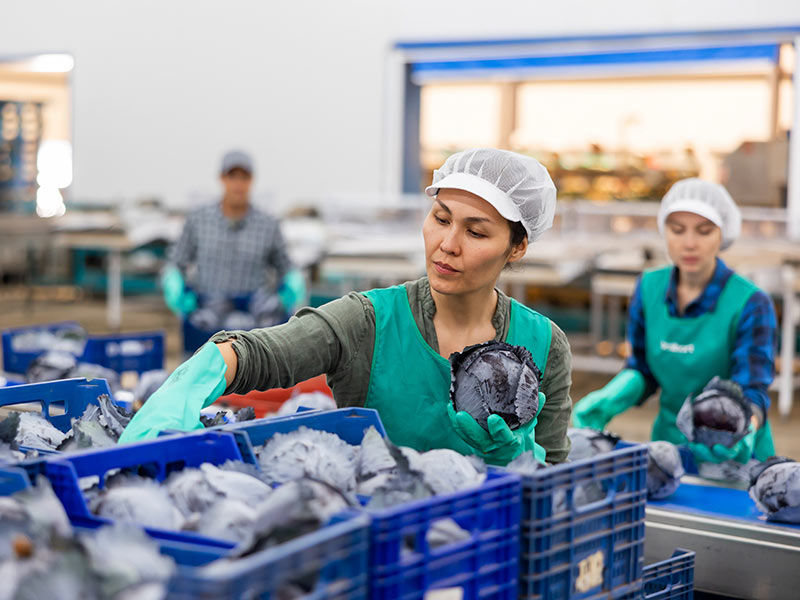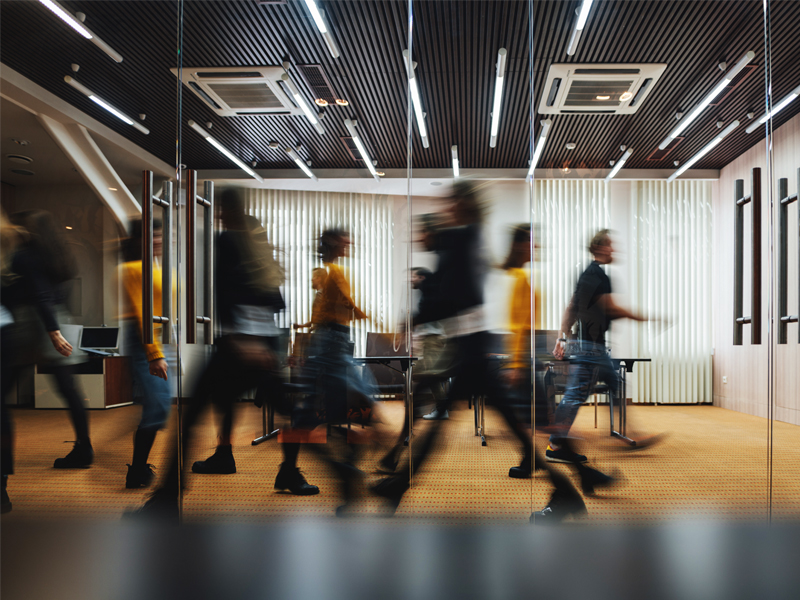
Authors
-
Susan Winterberg
Former Associate Director, Inclusive Economy, BSR
-
Elisabeth Best
Former Manager, Sustainability Management, BSR
As part of our Q&A series with our experts on the past, present, and future of sustainable business, we sat down with Inclusive Economy lead Susan Winterberg to discuss innovations, opportunities, and challenges in the field.
Elisabeth Best: What has been the single most important innovation in inclusive economy in the last 25 years?
Susan Winterberg: The greatest advances in the inclusive economy field have been in the area of diversity and inclusion. Looking back just 50 years, it is astounding to see how much attitudes have changed regarding women and minorities in the workplace. Similarly, business leaders have been increasingly using their voices to stand up for diversity, which became evident when the U.S. business community came out in full force earlier this year: More than 100 companies signed an amicus brief on the U.S. Executive Order on Immigration.
It continues with new business commitments to advance the rights of women, refugees, the LGBTIQ+ community, and others announced almost every week. Nonetheless, much work still needs to be done on diversity. In particular, we will need to innovate and build a better evidence base on what works to retain and promote more women and minorities in key industries and occupations, close pay gaps, and increase representation in C-suites and boards.
Best: What does sustainable business, specifically as it relates to inclusive economy, look like in 2030?
Winterberg: The 2020s will see major disruptions in social order, to governments, and perhaps even to capitalism itself. We’ve already seen the beginnings of this: first with Occupy Wall Street and Fight for $15, and more recently with the outcomes of the Brexit vote, the U.S. election, and a surge of interest in nationalist movements around the world. There are three major issues that business leaders will have to grapple with in the coming decade if we are going to have an inclusive, safe, and sustainable world in 2030: good jobs, taxes, and lobbying.
A strong and secure middle class; a healthy government with fiscal capacity to fund education, infrastructure, and safety nets; and functioning democratic institutions are requirements for a peaceful and prosperous society. Many of the companies I have spoken to about the need to address these issues—particularly as they relate to their operations in the U.S. and other advanced economies—seem to see them as outside the purview of the sustainability department. However, these issues will become more critical—and sustainability professionals will be increasingly asked to address them—in the coming years.
Best: What’s the biggest challenge or opportunity you see looking forward?
Winterberg: Automation will be by far the biggest opportunity and challenge to an inclusive economy in the next decade. Technologies like artificial intelligence, big data, sensors, and autonomous vehicles will bring so many benefits to society—from enhanced health and safety to consumer convenience. Yet these technologies will also pose some hard questions on issues of privacy and discrimination. They will displace large numbers of people who will need to be retrained, and they will likely result in pockets of high unemployment in those communities most strongly affected by these changes. Companies need to begin preparing now to ensure a sustainable transition toward automation.
Best: What are leading companies doing today to make a sustainable future a reality?
Winterberg: Companies are taking action on promoting a more inclusive economy through three main mechanisms: creating good jobs, expanding access to products, and engaging with society.
Leading companies are thinking about good jobs by treating contingent workers more fairly, investing in training and career paths, creating predictable scheduling, increasing benefits coverage, and developing profit-sharing programs. They are also starting to develop ways to expand their diversity and inclusion efforts to include more groups who face challenges in employment. We have seen pioneering efforts to promote other types of diversity, like neurodiversity, and to create enhanced opportunities through their global supply chains through impact sourcing. Companies have also been increasingly vocal on key public policy issues affecting inclusion, from immigration to health care access.
Best: What aspect of this year’s BSR Conference are you most excited about?
Winterberg: BSR is launching a new Sustainable Futures Lab—and we have a great line-up of sessions this year looking at sustainability challenges that will arise from new technologies: The 21st Century Social Contract, Ethics of Artificial Intelligence, Inclusive by Design, Human Rights by Design, The Just Transition, and Transportation of Tomorrow. I’m most excited to hear how companies are getting ahead of the curve and integrating concerns for ethics, inclusion, and human rights into their R&D processes to make a sustainable future a reality.
Topics
Let’s talk about how BSR can help you to transform your business and achieve your sustainability goals.

